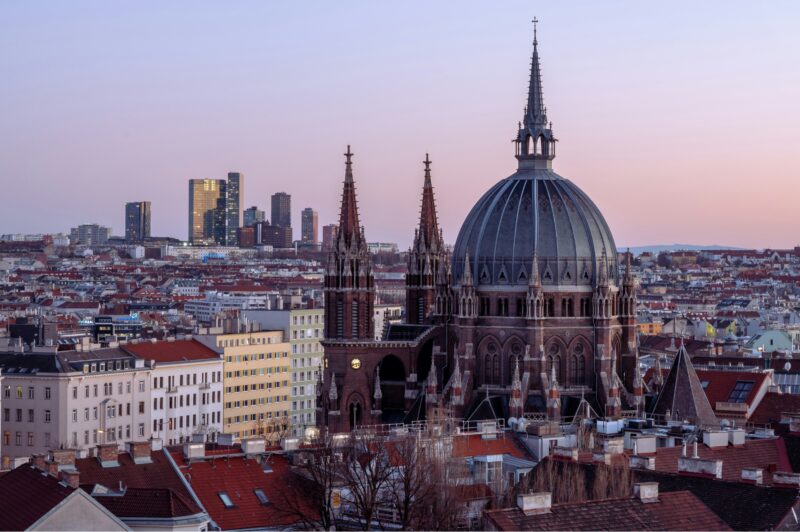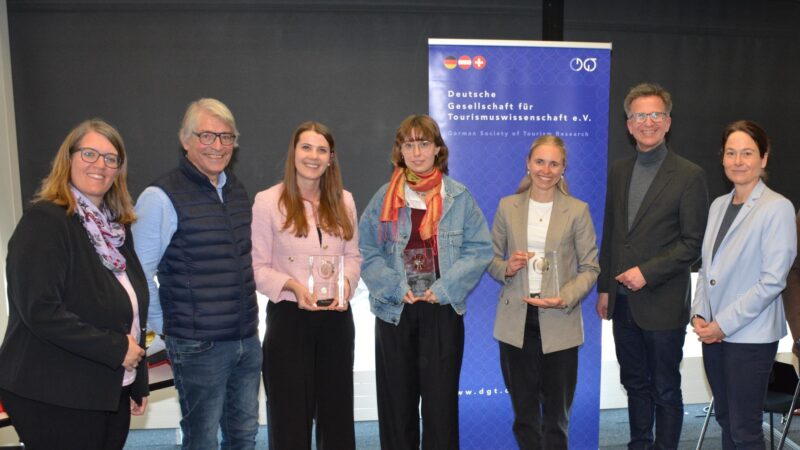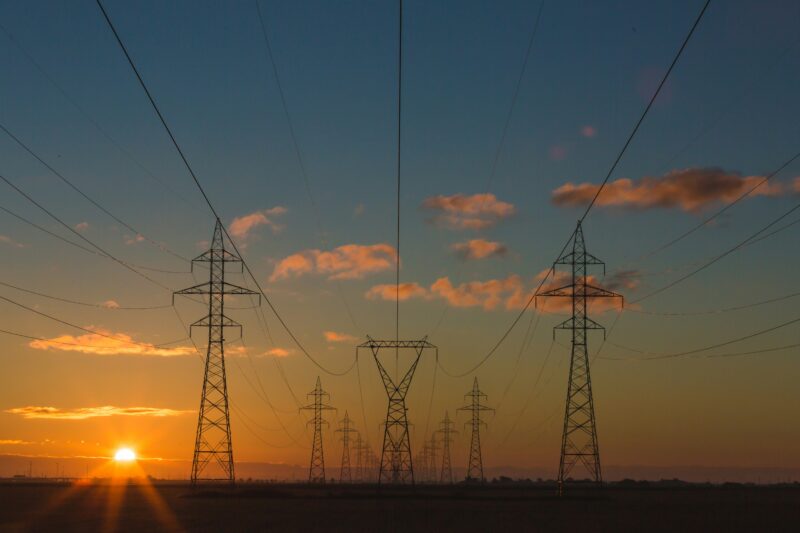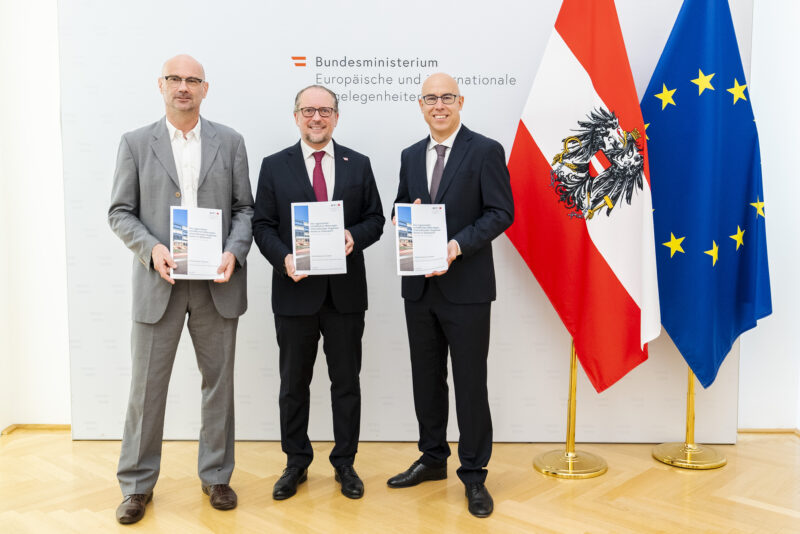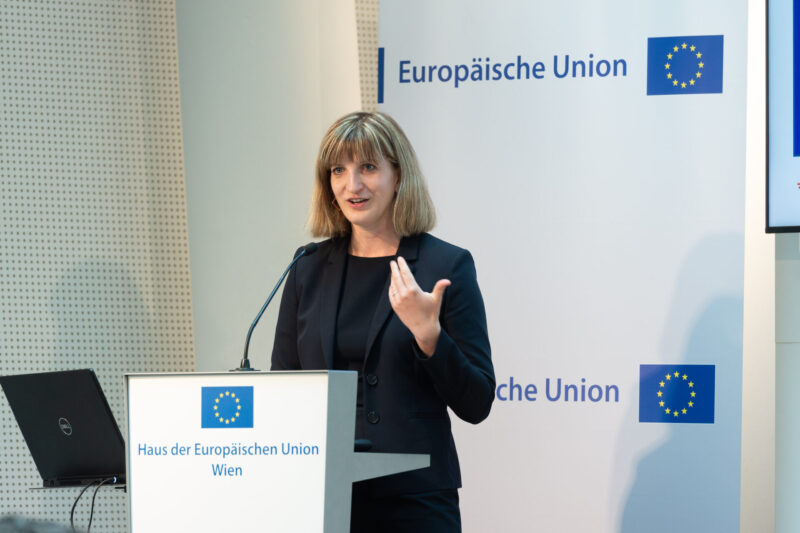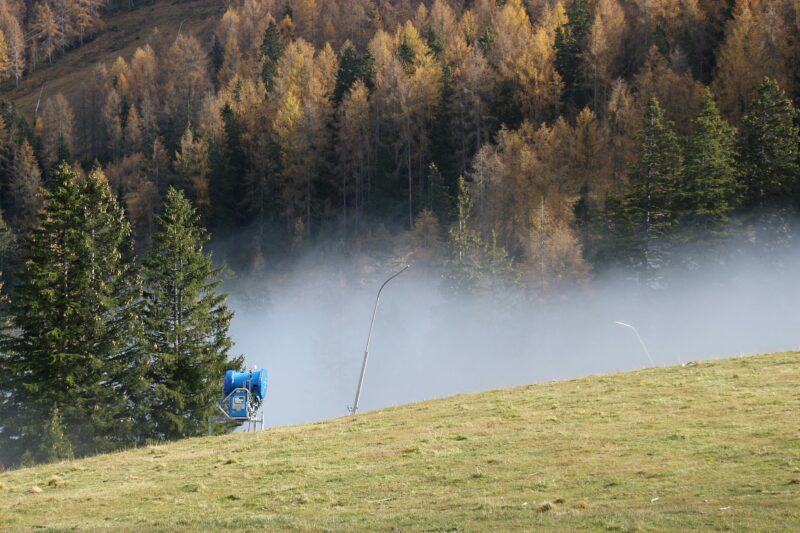
Tourism Analysis: Winter Overnight Stays Down Slightly in 2024-25
Calendar effects have a major impact
However, this development should not be interpreted in isolation: The comparison with the previous year is distorted by calendar effects, in particular the leap day in February 2024 and the different position of Easter week – which fell in April in 2025, but in March in 2024. An adjustment for these effects by WIFO results in a much more favourable picture. Accordingly, overnight stays would have increased by +4.7 percent adjusted for calendar effects. The development of tourism revenue is also much more positive after adjustment: Nominal revenue in total tourism rose by 7.4 percent on a corrected basis (instead of +2.1 percent), and by 2.3 percent on a price-adjusted basis (instead of a decline of 2.7 percent).
Domestic tourism was once again the mainstay of the (provisional) 2024-25 winter season. Overnight stays by domestic guests increased by 0.6 percent year-on-year from November 2024 to March 2025, while foreign demand fell by 1.0 percent. In particular, the persistently high inflation in the core tourism sectors (catering +6.0 percent, accommodation +5.5 percent) had a dampening effect on the development of real revenue.
Stable development expected in 2025
The outlook for the last month of the winter season is positive. Due to the late Easter date, WIFO expects strong demand in April, which should more than compensate for the weak March result. According to the current overnight stay scenario, the entire 2024-25 winter season could end with around 72.0 million overnight stays – an increase of 1.3 percent compared to the previous year. Compared to the 2018-19 season, however, the volume is down by 1.2 percent. For 2025 as a whole, WIFO expects overnight stays to remain stable at a high level. At around 154.6 million overnight stays, the volume is likely to just exceed that of 2024 (+0.2 percent; estimate, as of 6 May 2025). The desire to travel remains high, but consumers are reacting sensitively to the economic conditions, which are characterised by uncertainty not only in Austria, but also in Germany, the most important foreign source market for domestic tourism. Guests will continue to be cautious when it comes to spending in particular, which, together with higher prices for food and energy and high wage settlements, is having a negative impact on the economic situation of tourism businesses.
Tourism dampens economic growth in the past year
The calendar year 2024 also brought pleasing developments in terms of volume: overnight stays rose by 2.1 percent and arrivals by 3.3 percent – exceeding the 2019 level again for the first time (+1.1 percent in both cases). In economic terms, however, this development must be viewed in a differentiated way. Price-adjusted gross value added in the accommodation and food service sector fell by 3.9 percent in 2024 compared to the previous year and thus developed significantly less favourably than the economy as a whole (–1.4 percent). This means that tourism did not act as an economic driver in 2024 – contrary to what is often publicly portrayed – but rather as a slight brake on the economy. Without the negative contribution of this sector, the decline in real economic output in 2024 would have been 0.1 percentage points lower.




